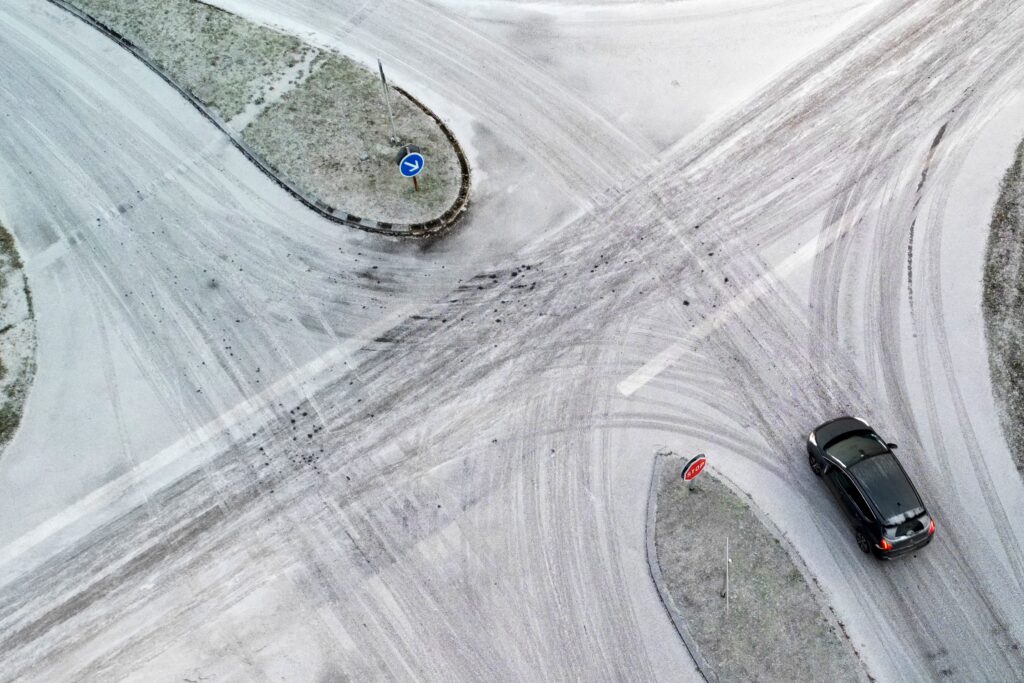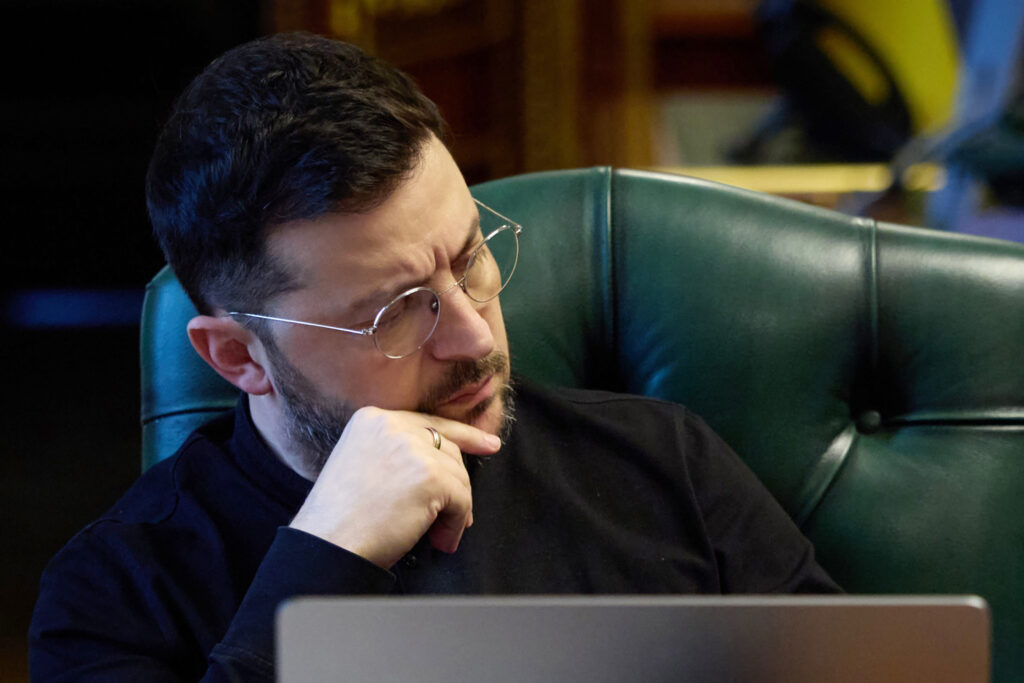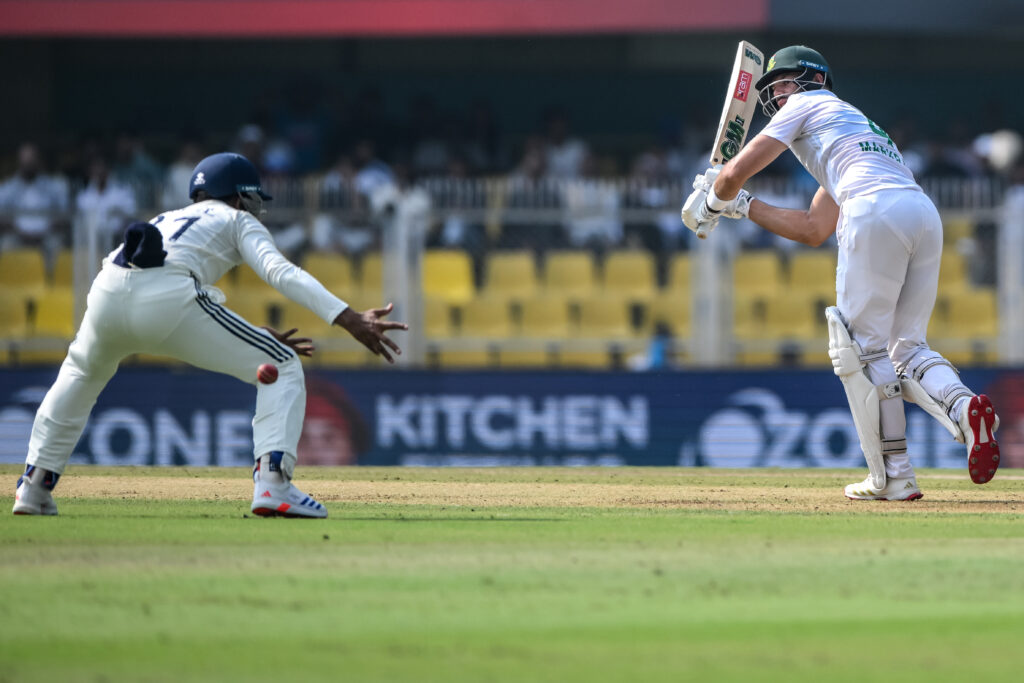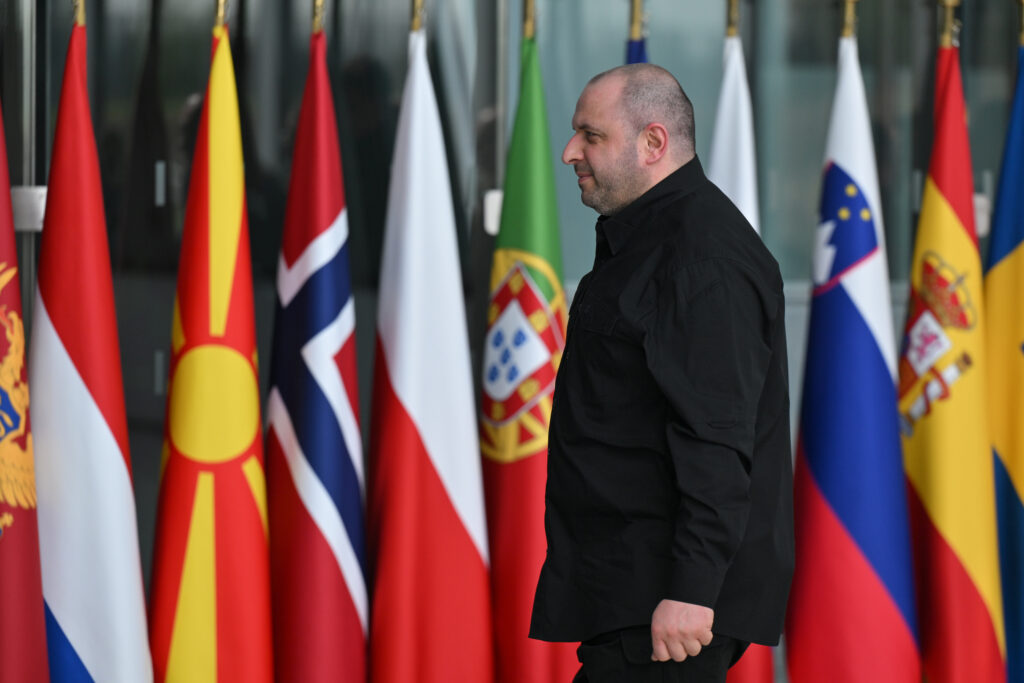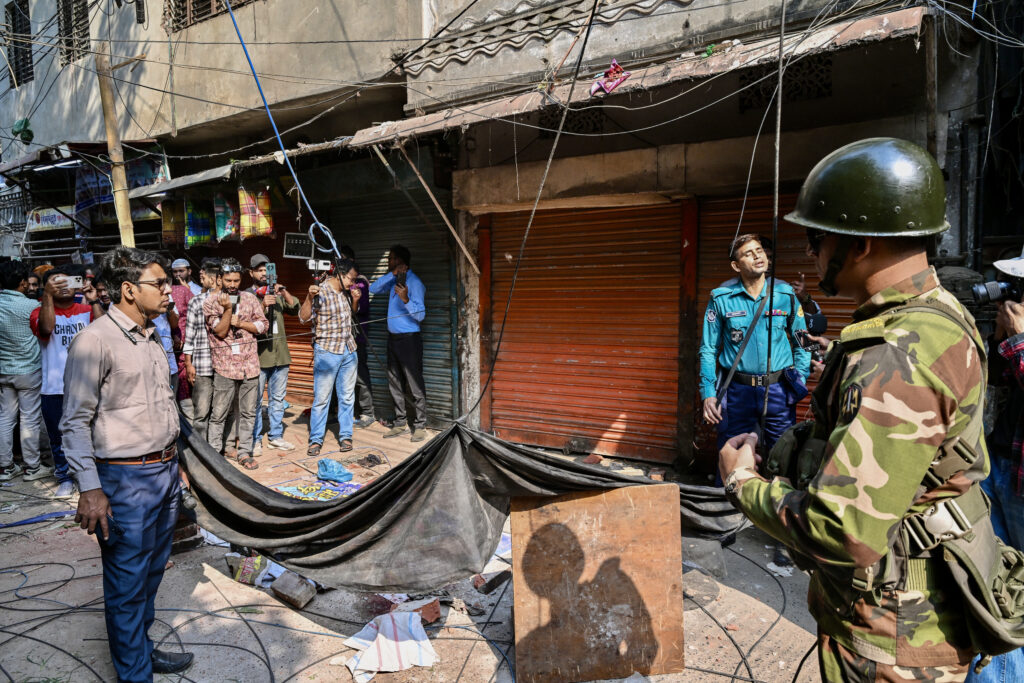L’Ile-de-France en vigilance neige-verglas, appel à la prudence sur les routes
Les huit départements d’Ile-de-France seront en vigilance orange neige/verglas dans la nuit de samedi à dimanche, le ministre des Transports appelant à “la prudence” en particulier sur les routes.Météo France s’attend à des chutes de neige dans la soirée sur l’ensemble de la région, pour ce premier épisode de froid de la saison. La vigilance orange s’applique à partir de 20H00 jusqu’à dimanche matin, 08H00.Selon Météo France, “une perturbation pluvieuse rentre par la Bretagne”, qui “va progresser lentement vers l’est et (…) abordera une large bande centrale du pays”: “au contact de l’air plus froid, les précipitations se feront sous forme de neige ou localement de pluies verglaçantes”.”La tenue au sol est attendue avec 5 à 7 cm sur la moitié ouest de la région parisienne et 2 à 5 cm sur la moitié est. Pour Paris et la Petite-Couronne, 1 à 2 cm de neige au sol sont attendus,” selon le site de Ml’organisme, qui précise que la neige devrait “fondre à partir de la mi-journée à la faveur d’un net redoux”.”Les premiers épisodes quelquefois ne sont pas pris suffisamment au sérieux et il y a des difficultés suite à un manque de prudence. Nous avons donc voulu intervenir en amont pour informer” le public, a dit samedi le ministre, Philippe Tabarot, depuis le centre de crise réunissant les services de Météo France, des Infrastructures, de l’Aviation civile, des Routes, la Préfecture de police et les opérateurs de transport.”La question principale, c’est la question des routes”, a-t-il dit à la presse. “Les personnes ont compris que si leurs déplacements n’étaient pas indispensables, il valait mieux les reporter. Et pour celles qui sont dans l’obligation de se déplacer aujourd’hui, notamment à partir de 20h et jusqu’à demain 8h, on leur demande de s’informer sur la situation du réseau, de s’équiper et d’équiper leur véhicule. Et puis bien sûr la prudence est le message principal que je souhaite faire passer”.La vitesse autorisée sur toute l’Ile-de-France sera réduite de 20 km/h pour tous les véhicules, et les dépassements interdits sur les grands axes pour les poids lourds de plus de 3,5 tonnes et véhicules de transport de personnes, a décidé la préfecture de police.En revanche, selon le ministre, “les trains ne seront pas particulièrement impactés, et les réseaux urbains et interurbains (…) sont opérés actuellement”. Du côté des aéroports, où les conditions affectent la visibilité, “il y a environ une heure de retard sur les vols de Roissy, ça risque d’être le cas également demain (dimanche), ce sont des épisodes qui arrivent malheureusement bien souvent tout au long de l’année”.Par ailleurs, le statut de vigilance des départements de l’Auvergne, en jaune pour l’heure, pourrait évoluer, prévient Météo Frane, en raison de “pluies verglaçantes assez étendues”.Selon M. Tabarot, 7.500 agents des Routes seront mobilisés ce week-end sur toute la France.
